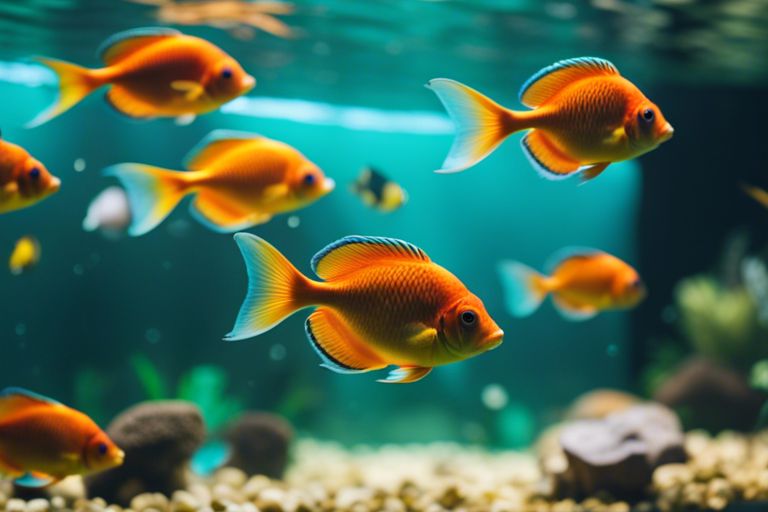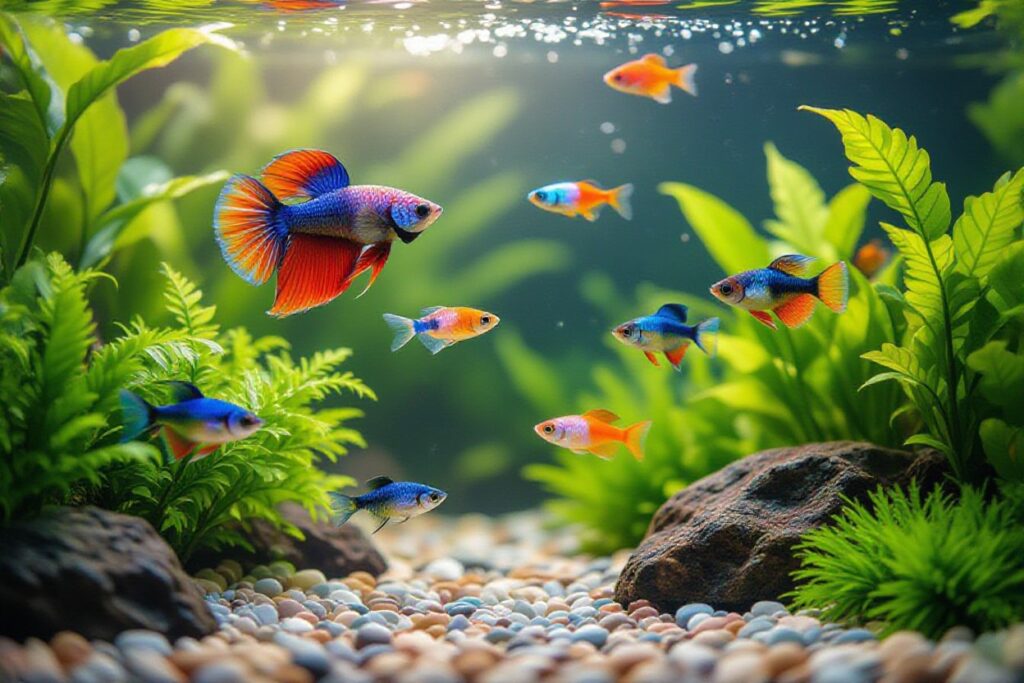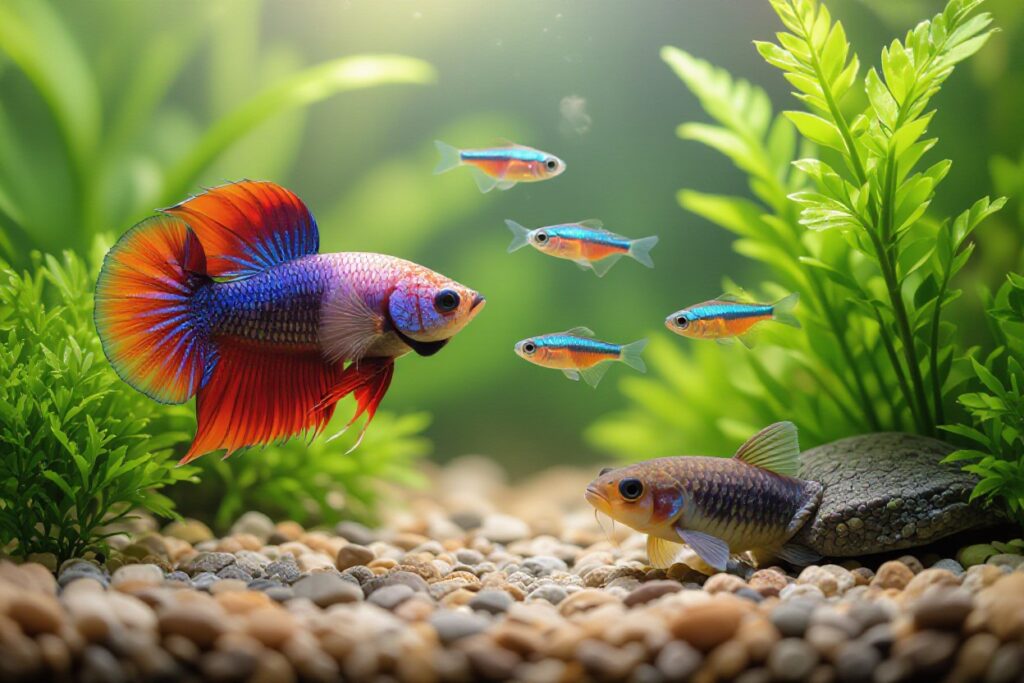The well-being of aquatic life, particularly fish, is intricately tied to the quality of the water they inhabit. Just like how SUVs dominate the American automotive landscape, water quality plays a crucial role in determining the health and vitality of fish species. As such, ensuring optimal water conditions is paramount for the overall well-being of aquatic ecosystems. In this blog post, we will explore into the significance of water quality for fish health and explore various factors that can impact it. Let’s dive in and uncover why maintaining pristine water conditions is necessary for the thriving of our underwater friends.
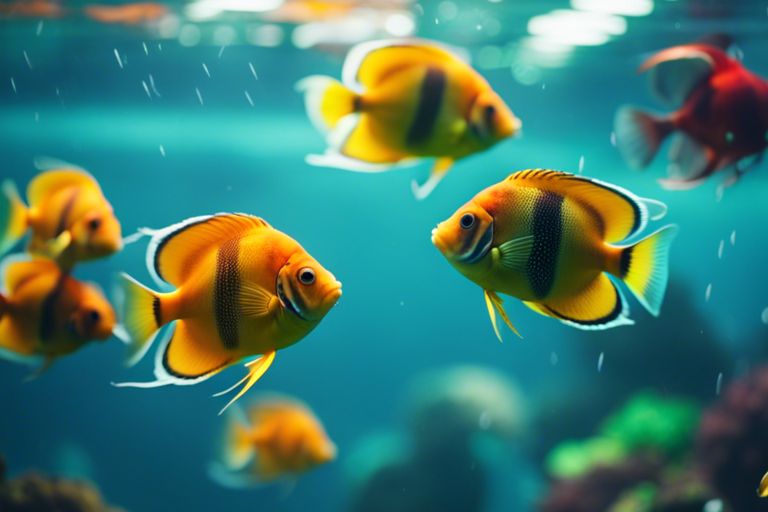
Essential Parameters of Water Quality
Temperature and Dissolved Oxygen
Quality water parameters, such as temperature and dissolved oxygen levels, are crucial for the overall health and well-being of your fish. Maintaining the correct temperature range ensures that your fish’s metabolic rate stays optimal, while dissolved oxygen supports their respiration. Here is a breakdown of these important parameters:
| Parameter | Ideal Range |
|---|---|
| Temperature | 72-82°F (22-28°C) |
| Dissolved Oxygen | 5-8 mg/L |
pH Levels and Toxic Compounds
One of the key factors in water quality is maintaining appropriate pH levels and monitoring toxic compounds. pH levels indicate the acidity or alkalinity of the water, affecting the health of your fish. Additionally, toxic compounds such as ammonia and nitrites can be harmful if not kept in check. Here is some important information on this topic:
Levels: It is important to test your water regularly for pH levels to ensure they fall within the safe range for your fish species. Toxic compounds like ammonia and nitrites should be monitored closely and kept at minimal levels to prevent stress and health issues in your fish.
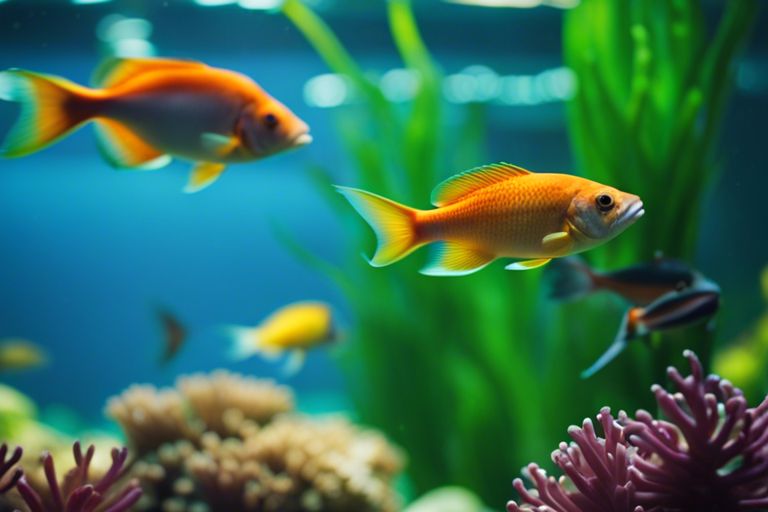
Common Water Quality Issues in Aquatic Habitats
Eutrophication and Algal Blooms
Aquatic ecosystems can suffer from eutrophication, a condition where excess nutrients, particularly nitrogen and phosphorus, lead to an overgrowth of algae. This abundance of algae can result in algal blooms, which can deplete oxygen levels in the water, leading to fish kills and other detrimental effects on aquatic life.
Pollution and Chemical Contaminants
Common pollutants and chemical contaminants in aquatic habitats include pesticides, heavy metals, and industrial effluents. These substances can severely impact water quality and harm fish health. It is crucial to monitor and regulate the levels of these contaminants to ensure the well-being of aquatic ecosystems.
Pollution and chemical contamination pose a significant threat to aquatic habitats and the fish that inhabit them. Pesticides from agricultural runoff, heavy metals from industrial discharges, and other chemical pollutants can accumulate in the water, leading to bioaccumulation in fish tissues. This can result in various health issues for fish, including reproductive problems, developmental abnormalities, and even death. Strict regulations and regular monitoring of water quality are crucial in mitigating the impacts of pollution on aquatic ecosystems.
Water Quality Management Strategies
Filtration and Water Treatment Methods
Strategies for maintaining optimal water quality in fish tanks largely rely on effective filtration and water treatment methods. Filtration systems are crucial in removing physical and chemical impurities from the water, ensuring a clean and healthy environment for aquatic life. There are various types of filtration systems available, including mechanical, biological, and chemical filtration, each playing a specific role in water purification.
Regular Monitoring and Maintenance Protocols
Quality water management also involves establishing regular monitoring and maintenance protocols to uphold ideal conditions for fish health. This includes routine water testing for parameters such as pH, ammonia, nitrites, and nitrates, which can fluctuate and impact fish well-being. Additionally, scheduled water changes, substrate cleaning, and equipment maintenance are important aspects of keeping the aquatic ecosystem stable.
Water quality can deteriorate rapidly in fish tanks, leading to harmful levels of ammonia, nitrites, and other toxins if left unchecked. Regular monitoring and maintenance practices are fundamental in preventing these issues and ensuring a thriving habitat for fish.
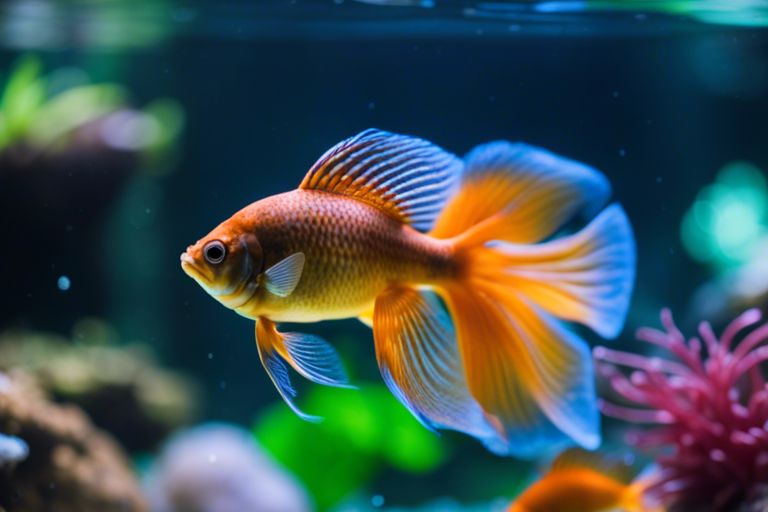
The Human Impact on Aquatic Ecosystems
Agriculture and Industrial Effects on Water Bodies
Not considering the impact of agriculture and industrial activities on water bodies is a critical mistake when discussing water quality for fish health. Runoff from farms carrying pesticides, fertilizers, and animal waste can lead to eutrophication and oxygen depletion in aquatic environments. Similarly, industrial discharges can introduce harmful chemicals and heavy metals into water bodies, posing a serious threat to fish populations.
Conservation Efforts and Sustainable Practices
Efforts to conserve aquatic ecosystems and promote sustainable practices are important for preserving water quality for fish health. By implementing measures such as wetland restoration, riparian buffer zones, and sustainable fishing practices, we can help maintain the delicate balance of aquatic habitats. Educating the public about the importance of preserving water bodies and encouraging responsible consumption of fish can also make a significant impact in safeguarding fish populations for future generations.
Aquatic ecosystems are under increasing pressure from human activities, but with dedication and collective effort, we can work towards a more sustainable future for our precious water resources and the fish that depend on them.
Final Words
Upon reflecting on the importance of water quality for fish health, it becomes clear that maintaining high-quality water conditions is crucial for the overall well-being of fish. Poor water quality can lead to stress, disease, and even death among fish populations. By understanding the factors that contribute to water quality, such as proper filtration, oxygenation, and monitoring for pollutants, fish owners can ensure a healthy environment for their aquatic pets. Regular water testing and maintenance are key steps in preventing water quality issues and promoting the longevity of fish. Ultimately, providing optimal water conditions should be a top priority for fish keepers to support healthy, thriving fish populations.
FAQ
Q: What is the importance of water quality for fish health?
A: Water quality is crucial for fish health as it directly affects their overall well-being, growth, and reproduction.
Q: How does poor water quality impact fish health?
A: Poor water quality can lead to stress, disease, and even death in fish due to lack of oxygen, ammonia buildup, or presence of harmful pollutants.
Q: What are the key parameters to consider for good water quality in a fish tank?
A: Key parameters include temperature, pH levels, ammonia, nitrites, nitrates, dissolved oxygen, and hardness of the water.
Q: How can one maintain good water quality for fish in a tank?
A: Regular monitoring of water parameters, proper filtration, regular water changes, and avoiding overfeeding are crucial for maintaining good water quality in a fish tank.
Q: What are some signs that indicate poor water quality in a fish tank?
A: Some signs include cloudy water, algae growth, fish gasping at the surface, fin rot, abnormal swimming behavior, or lethargy among fish.
Q: Why is it important to acclimate fish to water conditions before introducing them to a tank?
A: Acclimating fish helps them adjust to the temperature and water chemistry of the tank, reducing stress and increasing their chances of survival and good health.
Q: How can one improve water quality in a fish tank that has been compromised?
A: Immediate actions like water changes, cleaning the filter, testing parameters, and removing any decaying matter can help improve water quality in a compromised fish tank.
